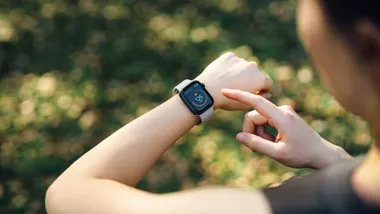I drive quite a distance to work and because of this I have to fill up my car’s small petrol tank a couple of times a week.
I try to plan my days so that I’m filling up when petrol’s cheapest, but my reason for filling up is always the same: if I don’t my car will stop working.
In pictures: How to lose kilos without noticing
I don’t go get petrol when I’m bored or feeling a bit down and having friends and family in my car doesn’t make me more likely to want to fill up.
But when it comes to eating, fuelling our bodies, this isn’t the case.
We eat when we are hungry, but food also serves many other functions in our lives. It’s used for celebrations, it’s a focal point for socialising and it also holds a key place in many religious faiths.
We all know how certain tastes and smells can take us instantly back to childhood, so it shouldn’t be a big surprise to learn that our emotions and eating can be linked.
Eating can be associated with both positive and negative emotions. Sometimes we eat when we’re sad, angry or stressed. Sometimes we eat when we’re just plain bored.
While links between our mood and eating are something we all experience, emotional eating can become a problem if it is excessive and begins to affect our health.
In pictures: Gym habits that are holding you back
If you feel emotional eating may be having a negative effect on your health, the first step is to identify when it is happening.
Then have a chat with your doctor or dietician, who can help you with strategies and resources for helping to identify emotional eating and proactive ways of managing the problem.
This information is provided by the Sanitarium Nutrition Service.
Your say: Are you an emotional eater?
Video: Do diet shakes really work?











